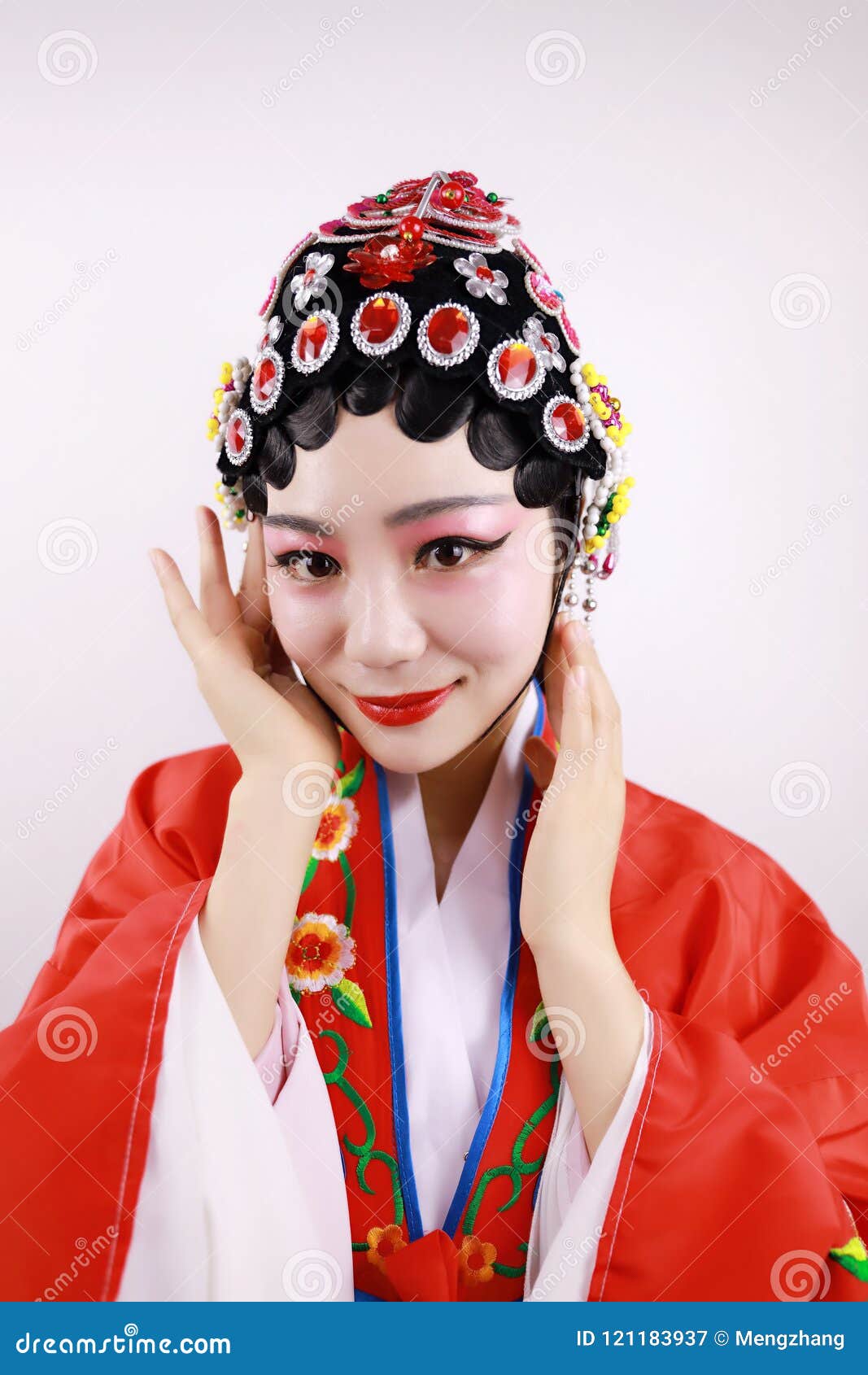

The fact that workers are 'paid per item' of clothing encourages them to work long hours, the NGO implies. This violates local labour laws in China, which specify that a maximum working day should be eight hours - i.e. They conducted interviews with 10 workers across six of those cities and reported that those they spoke to were doing three shifts per day - often only getting one day off a month. Public Eye's researchers visited 17 factories which supplied Shein and its parent company Zoetop.

In November 2021, a new report emerged with some shocking facts about the work culture in Shein's Chinese factories.Ī number of staff across six sites in Guangzhou were found to be working 75-hour weeks, says Swiss advocacy group and NGO Public Eye. And if we buy that message, we are buying into a very ugly side of fashion." 75-hour working weeksīut it gets even worse. The organisation concludes, "this is why, when garments are priced as cheaply as single-use items, it implies that our clothing is disposable. This may appear true in the short term, with a narrow focus and looking just at the money in our wallets, but all of us, as global citizens, will ultimately end up paying the external cost, the true cost for the unsustainable consumption and production of cheap clothing.” "Cheap prices make us believe they bring about savings for consumers. A post shared by euronews Living on at 4:25am PDT


 0 kommentar(er)
0 kommentar(er)
